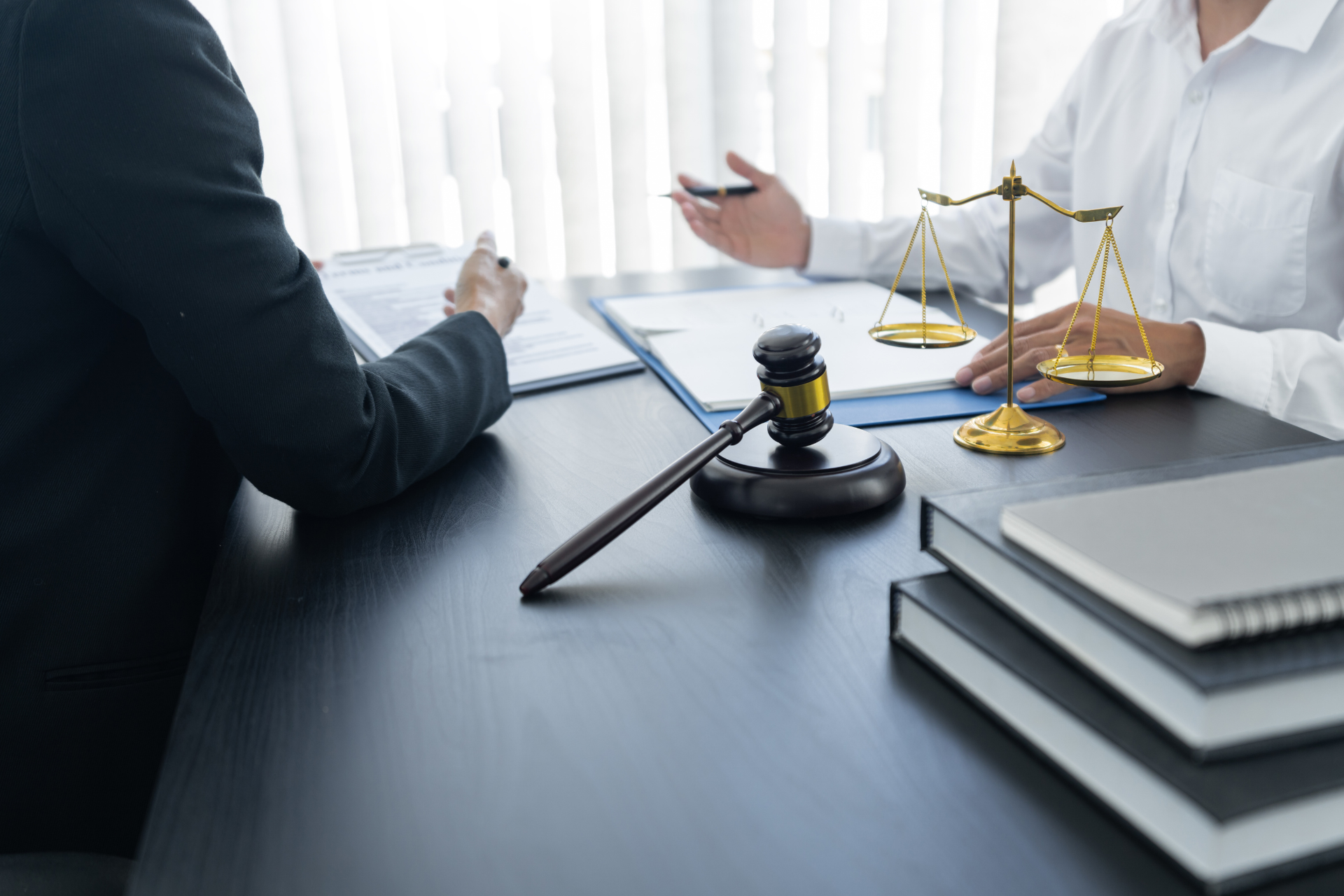Crash Legal Analysis: "Teen faces a long recovery after she was hit by a suspected DUI driver"
KSL News reported a tragic crash that occurred on Thursday, August 1, 2024, in Duchesne County, Utah. The news article reports that the victim and her friends were hit by a suspected DUI driver. The video of this crash scene shows the horrific damage to the vehicles. Our thoughts and prayers go out to the victims and their families, and we wish them all a speedy recovery. See, https://ksltv.com/668518/teen-faces-a-long-recovery-after-she-was-hit-by-a-suspected-dui-driver/
While a DUI crash may seem straightforward when it comes to liability, there are often other issues that come up for the victim and their loved ones in dealing with the aftermath of such a terrible crash. Here are just a few things that victims in cases like these should keep in mind:
Auto Insurance Coverage: In Utah the State requires drivers to have at least $3,000.00 in Personal Injury Protection (PIP) coverage. This coverage is known as no-fault coverage since no matter who caused the accident, your own PIP coverage must be used to pay your initial medical bills. Additionally, the State of Utah only requires a minimum of $25,000.00 of bodily injury coverage (note that this amount is going up to $30,000.00 in 2025). That means that drivers can lawfully operate their vehicles with this minimum amount available to cover any bodily injury caused by their negligent driving (including driving under the influence of drugs or alcohol). As you can imagine, in a case like this one reported by KSL, the victims will have medical bills that far exceed this $25,000.00 minimum in coverage. Here is how this plays out for the injury victims:
1. PIP - the victim's PIP coverage pays medical bills up to their $3,000.00 limit (or higher if they have higher PIP coverage).
2. Bodily Injury (BI) Coverage - because the at-fault driver's BI insurance does not pay medical bills until the victim has completed all treatment, any medical bills beyond PIP will need to be submitted to the victim's own health insurance provider. This will ensure that the bills are paid and not sent to collections while the victim is still in treatment and recovering (which can take months or longer). Once the victim has finished treatment, all medical bills can be sent to the at-fault driver's BI insurance carrier for a lump sum settlement. But here is where we see the biggest problem in these types of cases: if the at-fault driver's BI coverage is only $25,000.00 (or even $50,000.00), and that amount is not enough to cover the victim's medical bills, what options do they have?
Underinsured Motorist (UIM) Coverage: Accidents are unpredictable and can happen to anyone, at any time. While having insurance is a legal requirement and provides a safety net, it’s crucial to understand that not all insurance policies are created equal. One essential component of a robust insurance policy is underinsured motorist (UIM) coverage. Here’s why having good underinsured motorist coverage is important:
1. Protection Against Inadequate Insurance
Despite mandatory insurance laws, many drivers carry only the minimum required liability insurance, which may not be sufficient to cover the costs of a serious accident. If you’re involved in an accident with an underinsured driver, their policy limits might be too low to cover your medical bills, property damage, and other expenses.
Example: If the at-fault driver has a liability limit of $25,000, but your medical expenses alone amount to $50,000, you would be left with significant out-of-pocket costs. Good UIM coverage would help bridge this gap.
2. Comprehensive Medical Coverage
Medical expenses following an accident can be exorbitant, encompassing emergency care, hospital stays, surgeries, rehabilitation, and ongoing treatment. Underinsured motorist coverage can help ensure that you receive the necessary medical care without facing financial hardship.
Example: Your UIM coverage can help cover the cost of specialized treatments, physical therapy, or long-term care that might not be fully covered by the at-fault driver’s insurance.
3. Compensation for Lost Wages
A severe accident can lead to time off work, either temporarily or permanently. Lost wages can compound the financial strain caused by medical bills and other expenses. Underinsured motorist coverage can provide compensation for lost income, helping to alleviate the financial burden during your recovery period.
Example: If you’re unable to work for several months due to your injuries, your UIM coverage can help replace lost income, allowing you to focus on your recovery without worrying about financial instability.
4. Coverage for Pain and Suffering
In addition to tangible costs like medical bills and lost wages, accidents can cause significant pain and suffering. This includes physical pain, emotional distress, and a reduced quality of life. Underinsured motorist coverage can provide compensation for these non-economic damages, offering some relief for the intangible impacts of an accident.
Example: If you experience chronic pain or emotional trauma following an accident, UIM coverage can help compensate for these enduring challenges.
5. Protection for Passengers
Your underinsured motorist coverage doesn’t just protect you—it also protects your passengers. If friends or family members are injured while riding in your vehicle, your UIM coverage can help cover their medical expenses and other associated costs.
Example: If your child or a friend is injured in an accident caused by an underinsured driver, your UIM policy can help cover their medical treatment and recovery expenses.
6. Legal Peace of Mind
Accidents involving underinsured drivers often lead to complex legal battles to recover adequate compensation. Having robust UIM coverage can simplify the process and reduce the need for protracted legal disputes. This coverage can expedite the claims process, allowing you to receive compensation more quickly.
Example: Rather than pursuing a lengthy and costly lawsuit against an underinsured driver, your UIM coverage can provide immediate financial support, helping you avoid additional stress and legal expenses.
7. Financial Security
Ultimately, good underinsured motorist coverage provides financial security in the face of the unexpected. It ensures that you and your loved ones are protected, even if the at-fault driver’s insurance falls short. This peace of mind is invaluable, knowing that you have a safety net in place.
Example: In the event of a serious accident, your UIM coverage can prevent you from depleting your savings or going into debt to cover medical bills and other costs.
Accidents involving underinsured drivers are more common than you might think, and the financial implications can be devastating. Having good underinsured motorist coverage is a critical aspect of a comprehensive insurance policy, offering protection and peace of mind when you need it most. It ensures that you’re not left financially vulnerable due to someone else’s inadequate insurance.
At JDB Law PLLC, we advocate for responsible coverage and are here to help you understand and maximize your insurance benefits. If you have questions about your coverage or need assistance after an accident, contact us today for expert guidance and support.









